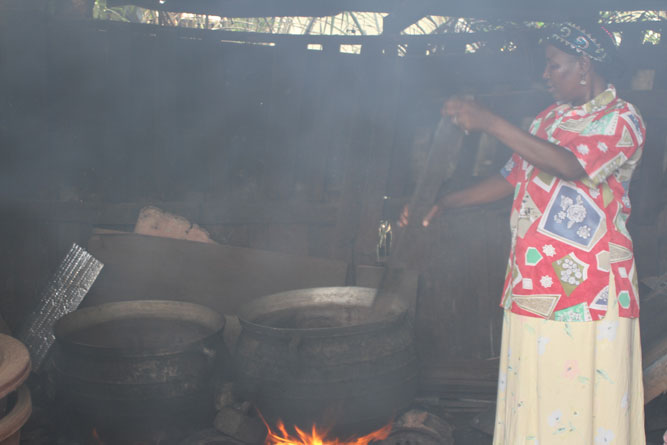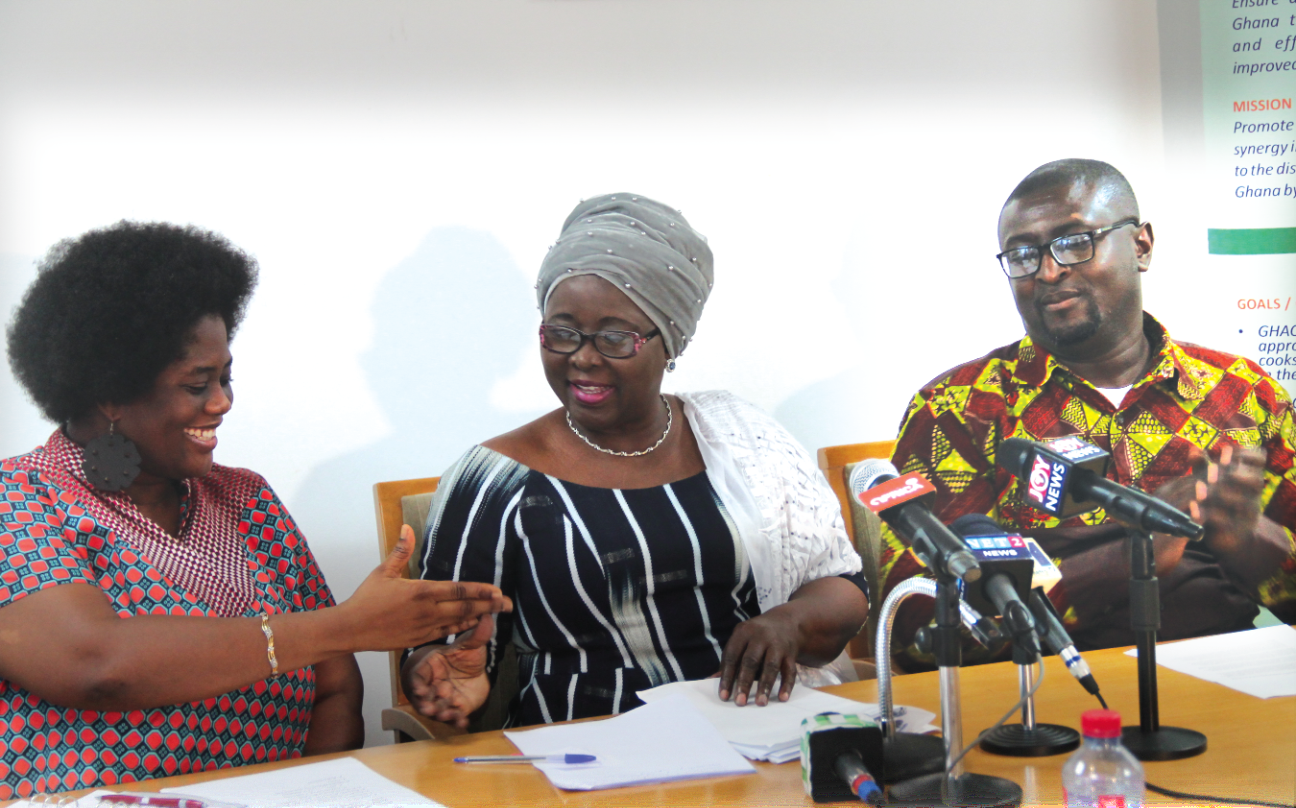
Smoke from cookstoves, open fires claim 17,000 lives annually
About 17,000 Ghanaians, mainly women and children, lose their lives as a result of exposure to smoke from traditional cookstoves and open fires.
According to a World Health Organisation (WHO) report, out of the number, 2,200 children died every year from acute lower respiratory infections caused by smoke from open fires.
The report was contained in a speech read by the Minister of Local Government and Rural Development, Hajia Alima Mahama, at the launch of clean cookstoves in Accra on Wednesday.
Promotion
“As a priority, we are to ensure that local authorities create the requisite environment to promote investment in clean cookstoves and fuels,” she said.
She stressed the need to support metropolitan, municipal and district assemblies (MMDAs) to construct clean kitchens fitted with cookstoves and fuel for the school feeding programme.
“We can also broaden the scope of technology transfer through turning wood, sawdust and agricultural waste into briquettes and pellets to meet standards for the export market,” Hajia Mahama added.
Investment
The minister further urged investors to venture into the production of cookstoves and clean fuels to accelerate development and transform the economy.
“Within our own historical and cultural context, we will be changing lives through the clean cookstoves concept,” she stated.
Hajia Mahama called for sensitisation to and awareness creation of the benefits of cookstoves and clean fuels in households and institutions in the country.
“This will go a long way to stimulate demand and promote supply by industry,” she said.

Introduction
The clean cookstoves were introduced under the auspices of the Ministry of Local Government and Rural Development, the Global Alliance for Clean Cookstoves and the Energy Commission to reduce fatalities associated with smoke from traditional cookstoves and open fires.
Already, the Ghana Alliance for Clean Cookstoves and Fuels (GHACCO) has distributed 70,000 cylinders to communities in different parts of the country.
